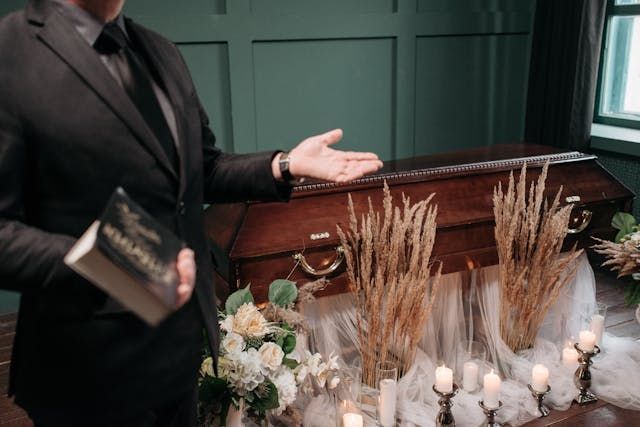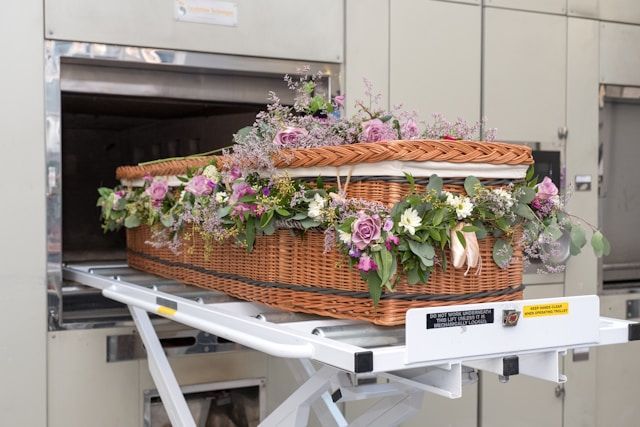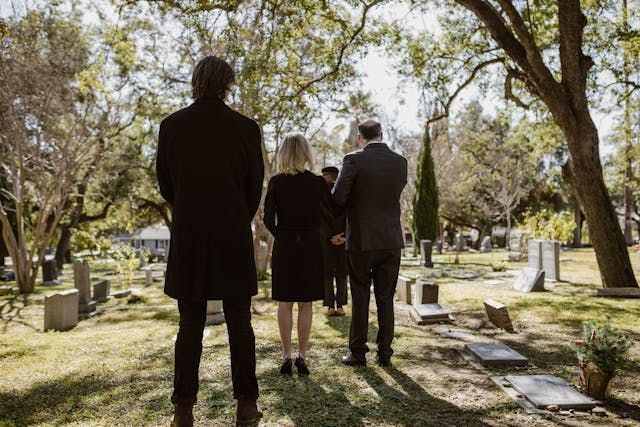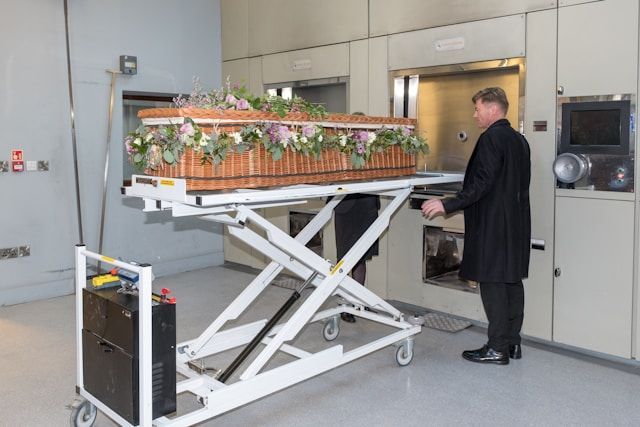Grief is a profoundly personal experience, but navigating it in isolation can often deepen feelings of sorrow and disconnection. That is why many individuals and families seek comfort and healing through group support services provided by
funeral homes near Parkville, PA. These group settings create opportunities for people to share stories, express emotions, and receive encouragement in a compassionate environment guided by professionals.
Understanding Group Support in the Grief Process
Support groups serve a vital function in helping individuals cope after the loss of a loved one. Unlike one-on-one counseling, group settings offer collective understanding and validation that grieving individuals often find essential. Funeral homes recognize that healing is a journey that benefits from structure and empathy. Many now host or connect families with various
grief support programs tailored to different needs and experiences.
The primary goal of these groups is not to expedite the mourning process but to provide a safe space where individuals can be heard and supported without judgment. This communal approach fosters resilience and a sense of connection during a time that may otherwise feel overwhelmingly isolating.
Types of Support Groups Often Available
Funeral homes offer or partner with organizations to provide various support group options, each designed to meet different emotional and situational needs. Some of the most common formats include:
1. General Grief Support Groups
These open or closed groups are structured to accommodate individuals at any stage of grief. Meetings often include guided conversations, therapeutic activities, and opportunities to share personal reflections. The inclusive nature of these sessions makes them a strong choice for first-time participants seeking a welcoming environment.
2. Loss-Specific Groups
Some individuals benefit most from support groups that focus on specific types of loss, such as the passing of a spouse, child, or parent. These groups offer targeted discussions and shared experiences that reflect the unique challenges of particular relationships.
3. Faith-Based Support Groups
Some funeral homes organize or refer to groups grounded in faith traditions for those whose
grieving process includes spiritual components. These groups may consist of prayer, scripture, or pastoral care, offering a framework of comfort for those who draw strength from religious beliefs.
4. Youth and Teen Grief Groups
Children and adolescents often process grief differently from adults. Specialized groups for younger individuals incorporate age-appropriate discussions, creative expression, and activities designed to help them articulate emotions and find reassurance in shared experiences.
How Funeral Homes Facilitate These Services
Funeral homes connect families with the resources they need during and after the
memorial process. Many employ or collaborate with grief counselors, social workers, and volunteers trained to lead group sessions with empathy and professionalism.
Some funeral homes host these groups on-site in private, comfortable settings. In contrast, others partner with local mental health centers or community organizations to ensure a wide range of support options. Regardless of the location, the goal remains consistent: to provide meaningful companionship and guidance during one of life's most difficult times.
Many programs are offered free to participants, demonstrating the funeral home's commitment to long-term care for the communities they serve. Group sessions may meet weekly, biweekly, or monthly, allowing participants to find a rhythm that suits their emotional needs.
Benefits of Group Support Through Funeral Homes
Engaging in a support group through a funeral home offers several unique advantages:
- Ease of access: Families already working with a funeral provider can seamlessly transition into support services without navigating external systems.
- Continued care: These groups signal an ongoing relationship between the funeral home and the families they serve, extending compassion beyond the immediate event.
- Shared experiences: Being surrounded by others who understand the grief journey can significantly reduce feelings of isolation.
- Structured guidance: Professional facilitators offer coping strategies, emotional tools, and structured dialogue to help participants make sense of their grief.
Choosing the Right Support Group
It is important to select a group that aligns with personal needs and emotional readiness. Funeral home staff can assist by discussing available options, evaluating which group formats may be most beneficial, and introducing participants to facilitators or previous attendees.
Open communication is key. Those considering joining a group should feel encouraged to ask questions, attend a trial session if possible, and approach the experience with an open mind. Healing is a non-linear journey; finding the right environment can make a significant difference.
Local Options in Parkville, PA












